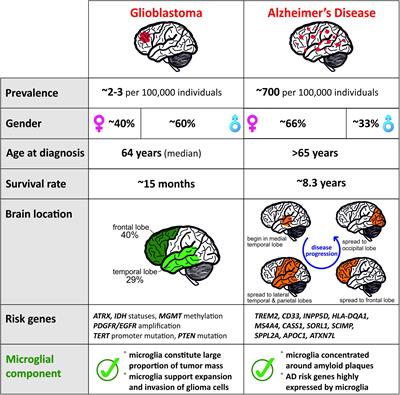EDITORIAL
Published on 17 Nov 2021
Editorial: Neurodegeneration: From Genetics to Molecules (Part II)
doi 10.3389/fncel.2021.794630
- 1,058 views
34k
Total downloads
139k
Total views and downloads
EDITORIAL
Published on 17 Nov 2021
HYPOTHESIS AND THEORY
Published on 10 Sep 2020

ORIGINAL RESEARCH
Published on 20 May 2020

MINI REVIEW
Published on 17 Mar 2020

MINI REVIEW
Published on 10 Mar 2020

REVIEW
Published on 28 Feb 2020

ORIGINAL RESEARCH
Published on 25 Feb 2020

BRIEF RESEARCH REPORT
Published on 20 Dec 2019

BRIEF RESEARCH REPORT
Published on 05 Dec 2019

MINI REVIEW
Published on 20 Nov 2019

REVIEW
Published on 19 Nov 2019

MINI REVIEW
Published on 05 Nov 2019
